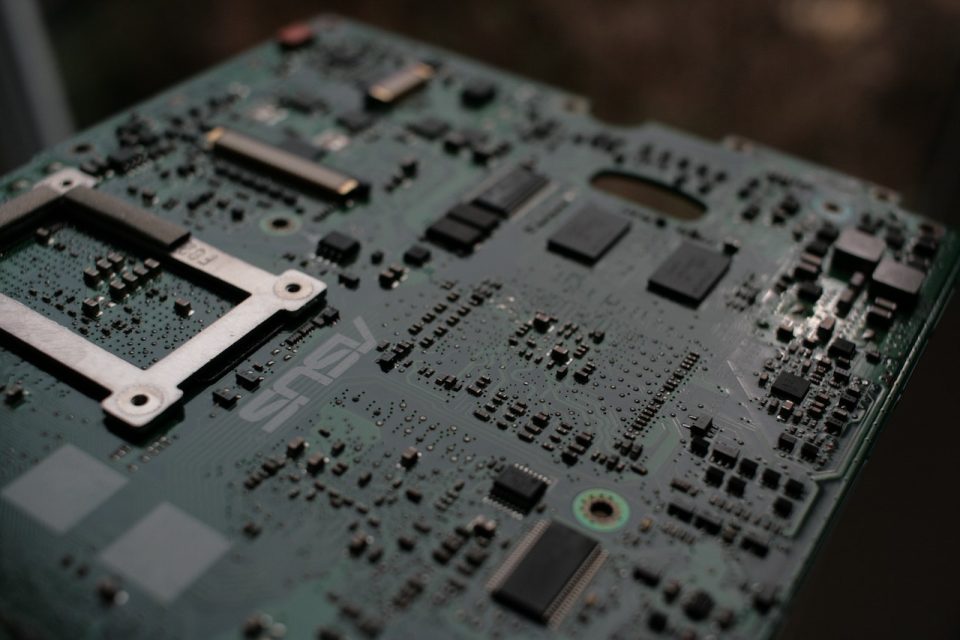Taiwan Semiconductor Manufacturing Co. (TSMC), a global leader in semiconductor manufacturing, demonstrated remarkable resilience in the third quarter (Q3), as demand for artificial intelligence (AI) chips mitigated the downturn in smartphone and laptop chip sales. TSMC, renowned as the primary chip supplier for tech giants Apple Inc. and Nvidia Corp., reported revenues of NT$546.7 billion ($17 billion) for the period spanning July to September, according to calculations by Bloomberg. This figure, while representing an 11% decline compared to the preceding year, exceeded market projections of NT$531.5 billion.
A critical factor in TSMC’s performance has been the sustained demand for AI chips, primarily driven by data center expansions for major customers like Nvidia. These chips also power the memory systems within these data centers. Investors closely scrutinize TSMC’s ability to meet the surging demand for AI production orders, as it directly impacts real-world sales. TSMC’s prominence as Nvidia’s primary contract manufacturer for AI hardware accelerators, vital for training extensive data models, further underscores the company’s pivotal role in the AI sector.
In addition to AI chips, TSMC’s advanced packaging services have witnessed increased demand, countering industry-wide oversupply challenges in the semiconductor market. Analyst Charles Shum from Bloomberg Intelligence notes that a favorable exchange rate could further enhance the company’s profit margins. Attention now turns to TSMC’s forthcoming earnings report, scheduled for release on October 19th, with investors keenly interested in the company’s sales outlook.
TSMC’s stock experienced a modest 0.8% dip in Taipei on Friday, though it remains on an upward trajectory, having surged more than 18% since the beginning of the year. These figures provide a respite for investors concerned about dwindling sales growth within tech behemoths like Apple, and the recent $77 billion market downturn that sent ripples through the entire tech industry. TSMC’s performance stands in stark contrast, potentially signaling a reversal in the chip sector’s fortunes.
In conclusion, the robust performance of TSMC in Q3, buoyed by steadfast demand for AI chips, not only defied market expectations but also underscores the pivotal role the company plays in shaping the future of the semiconductor industry and the burgeoning field of artificial intelligence.
Source: Bloomberg

